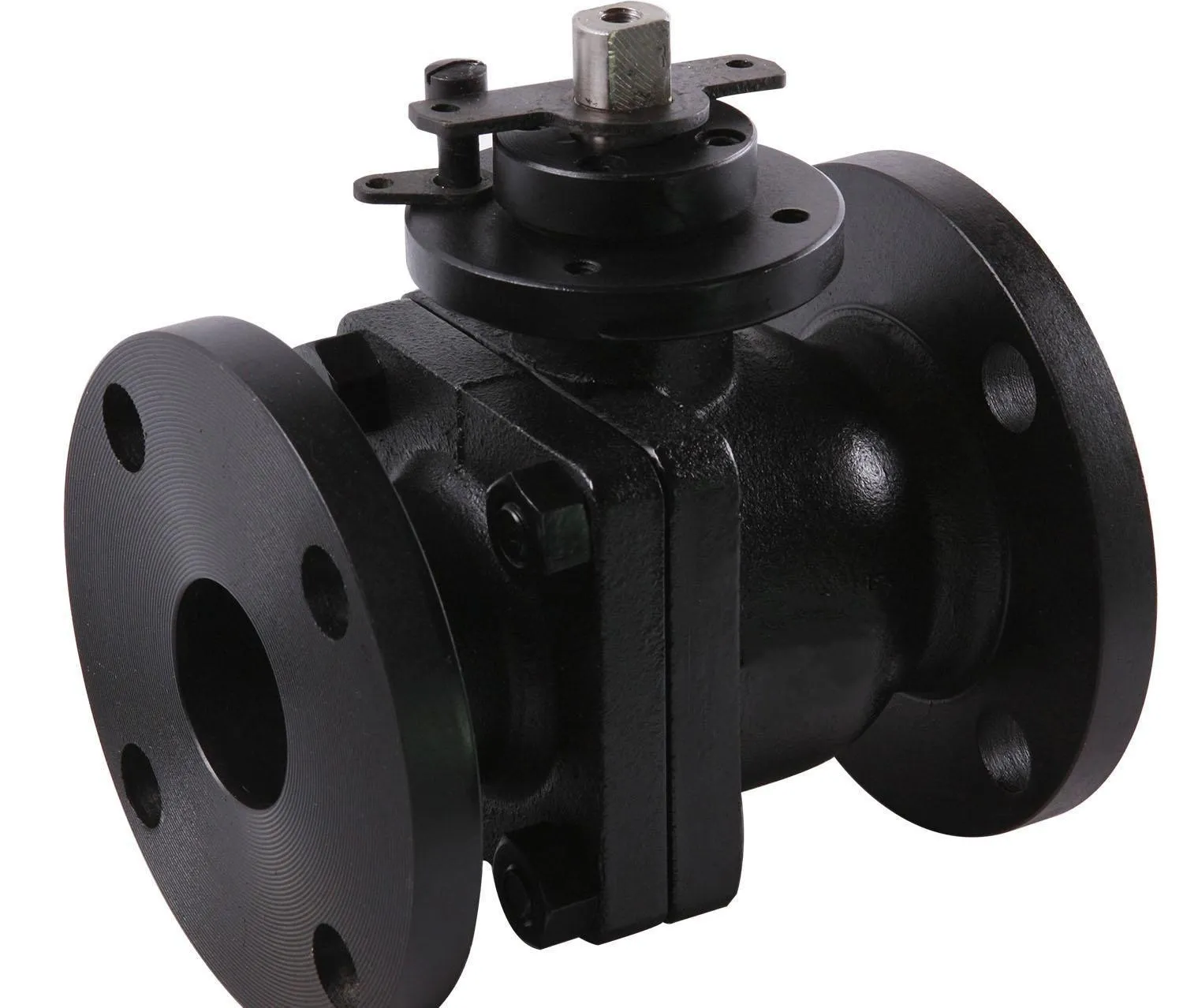Mobile:+86-311-808-126-83
Email:info@ydcastings.com
chiller impeller
Understanding the Role of Chiller Impellers in HVAC Systems
Chillers are essential components in heating, ventilation, and air conditioning (HVAC) systems, providing critical cooling functions. Among their various components, the impeller plays a vital role in the overall efficiency and performance of these machines. In this article, we will explore the significance of chiller impellers, their design, and how they contribute to the effective operation of chiller systems.
What is a Chiller Impeller?
A chiller impeller is a rotating component within a centrifugal chiller that helps move the refrigerant through the system. The impeller converts mechanical energy from an electric motor into kinetic energy, propelling the refrigerant through the evaporator, condenser, and other crucial parts of the cooling cycle. This movement is essential for absorbing heat from the environment and dissipating it efficiently, ensuring optimal cooling performance.
Design and Functionality
The design of a chiller impeller can significantly affect its performance. Impellers can come in various shapes, sizes, and materials, depending on the specific type of chiller and the application for which it is intended. Typically, impellers are designed to maximize flow and pressure while minimizing energy consumption.
1. Material Selection The choice of materials is crucial for durability and efficiency. Impellers are often made from stainless steel, aluminum, or engineered plastics. Each material has its advantages, with stainless steel providing corrosion resistance, while aluminum is lightweight and cost-effective.
2. Shape and Size The geometry of the impeller, including the number of blades and their curvature, plays a significant role in flow dynamics. A well-designed impeller can enhance the fluid flow, ensuring that the refrigerant moves smoothly without causing turbulence that could lead to energy losses.
3. RPM and Efficiency The speed at which the impeller operates (measured in revolutions per minute, or RPM) impacts the efficiency of the chiller. Higher RPMs can lead to greater cooling capacity but may also increase energy consumption and wear. Therefore, optimal design considers a balance between high performance and energy efficiency.
chiller impeller

Importance of Impeller Performance
The performance of a chiller impeller is critical to the overall effectiveness of the HVAC system. An efficiently functioning impeller can lead to several benefits
1. Energy Efficiency By optimizing the flow of refrigerant, a well-designed impeller minimizes energy losses, contributing to lower operational costs. Energy-efficient chillers not only reduce monthly utility bills but also have a lesser environmental impact.
2. Reliable Cooling Performance Consistent impeller performance ensures that the chiller can maintain the necessary cooling load, even under varying conditions. Whether it's a sweltering summer day or a mild winter evening, a reliable impeller helps the chiller adapt effectively.
3. Reduced Maintenance Costs A robust and efficient impeller design can reduce wear and tear on the compressor and other system components. This longevity translates into lower maintenance costs and fewer downtime incidents, leading to improved overall system reliability.
4. Extended Lifespan By operating efficiently and handling the refrigerant flow effectively, a high-quality impeller contributes to a longer lifespan for the chiller. This longevity not only enhances the return on investment but also reduces the need for frequent replacements.
Conclusion
In summary, chiller impellers are crucial components that directly impact the efficiency and reliability of HVAC systems. Their design and functionality determine how well a chiller can perform its cooling tasks while minimizing energy consumption. As the demand for energy-efficient solutions continues to rise, investing in high-quality impellers and maintaining them properly will be vital for ensuring optimal performance in modern HVAC systems. Understanding the importance of these components can lead to improved system performance, reduced operational costs, and a more sustainable approach to cooling solutions.
-
Why Should You Invest in Superior Pump Castings for Your Equipment?NewsJun.09,2025
-
Unlock Performance Potential with Stainless Impellers and Aluminum End CapsNewsJun.09,2025
-
Revolutionize Your Machinery with Superior Cast Iron and Aluminum ComponentsNewsJun.09,2025
-
Revolutionize Fluid Dynamics with Premium Pump ComponentsNewsJun.09,2025
-
Optimizing Industrial Systems with Essential Valve ComponentsNewsJun.09,2025
-
Elevate Grid Efficiency with High-Precision Power CastingsNewsJun.09,2025











